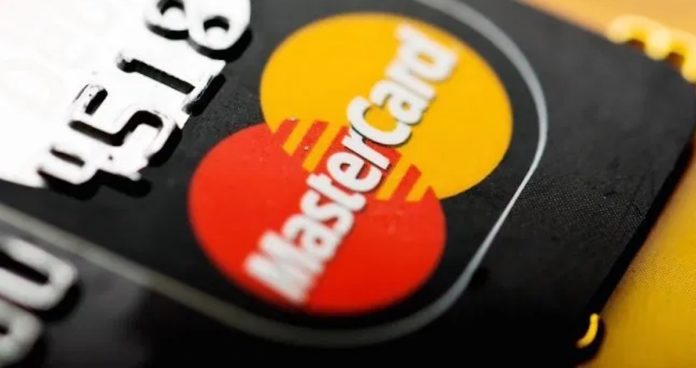The financial landscape is undergoing a significant transformation as traditional banking behemoths and technological innovators like Mastercard align to explore the potential of blockchain technology. Recently, Mastercard has collaborated with several major U.S. banks to test the waters of tokenized asset settlements—a move that signals both the technological advancement and the increasing institutional interest in the possibilities offered by digital ledger technologies.
Tokenization, the process of converting rights to an asset into a digital token on a blockchain, presents a new frontier for financial services. The concept isn’t merely about digitizing assets; it’s about revolutionizing how these assets are handled, traded, and perceived. By tokenizing assets, from real estate to artworks, and now to more traditional financial securities, blockchain technology promises a more efficient, transparent, and secure system than the cumbersome processes tethered to the old ways of manual bookkeeping and lengthy verification procedures.
Mastercard’s initiative with U.S. banks to trial this system is not just a technical test but a strategic move that reflects a broader acceptance of blockchain’s role in future financial frameworks. The trials aim to ascertain the viability of using blockchain to simplify and speed up settlements—an area currently fraught with delays and inefficiencies due to the reliance on legacy systems.
What makes tokenization particularly compelling is its ability to fragment ownership of expensive assets, making these more accessible to a variety of investors. Consider a real estate property worth millions of dollars. Traditionally, such an investment would be out of reach for the average person due to its high entry cost. However, if tokenized, the property can be divided into smaller, more affordable digital shares that can be bought and sold on a blockchain platform, democratizing access to high-value investment opportunities.
Moreover, the security features inherent in blockchain technology add a layer of confidence for participants. Every transaction is recorded on a decentralized ledger, immutable and transparent, mitigating the risk of fraud and unauthorized alterations. For banks, this means a drastic reduction in the costs associated with audits, compliance, and record-keeping, while simultaneously enhancing the security and speed of transactions.
Mastercard’s role in these trials is pivotal. As a trusted intermediary in global finance, its embrace of blockchain technology for settlements could herald widespread industry acceptance and integration. If successful, these trials could pave the way for more financial institutions to incorporate blockchain into their operational structures, thereby not only streamlining asset settlements but also enhancing overall financial market stability and efficiency.
The implications of successful tokenized asset settlements extend beyond operational efficiencies. They potentially reconfigure market dynamics by introducing greater liquidity and market participation. Smaller investors could engage in markets previously dominated by large entities, fostering a more inclusive financial ecosystem.
However, the journey towards the widespread adoption of blockchain for financial settlements isn’t devoid of challenges. Regulatory frameworks around blockchain and tokenized assets remain in flux, and the technology itself continues to evolve. The financial sector’s conservative stance on new technologies also poses a significant barrier to rapid adoption. Institutions must navigate these challenges carefully, balancing innovation with regulatory compliance and risk management.
The collaborative effort by Mastercard and leading banks to explore tokenized assets is a critical step toward understanding and leveraging blockchain’s full potential in financial services. As these trials progress, they will likely shed light on both the technological capabilities and the regulatory adjustments necessary to foster an environment where such innovations can thrive.
This venture into tokenized asset settlements is more than an experiment; it’s a clear indicator of the changing tides in financial services—a sector increasingly ready to adopt new technologies that promise to reshape the global financial landscape. As more institutions recognize the benefits and work toward overcoming the challenges, blockchain’s role in finance looks set not just to grow but to become integral to its future operations.


